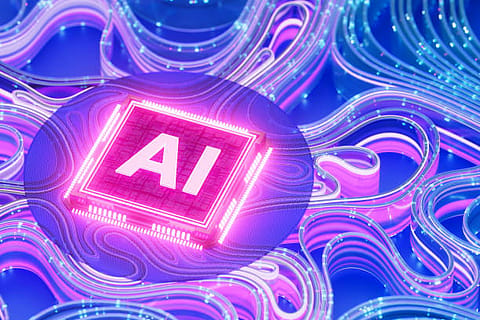AI-powered investing: Can machines make you a millionaire?
AI-based trading platforms perform humanly impossible tasks like reading vast amounts of market information, detecting patterns, and executing trades in milliseconds.

AI investing is all set to create a paradigm shift in the world of finance. Algorithms, machine learning, and predictive analytics are revolutionising investment patterns. But whether machines can truly make an average investor a millionaire remains debatable.
The fact that artificial intelligence eliminates emotional prejudices has created a seismic shift in the financial markets, facilitating data-driven decision-making. AI-based trading platforms and robo-advisors perform humanly impossible tasks like reading vast amounts of market information, detecting patterns, and executing trades, in milliseconds. The capacity to process historical data, global trends, and even news sentiment provides AI with a clear advantage over conventional investing strategies.
Abbhinav R Jain, Co-founder & Chief Financial Officer of AdCounty Media, said, "For individual investors, AI-driven platforms such as Wealthfront, Betterment, and Titan offer smart portfolio management at reduced costs and maximised risk-adjusted returns. Even hedge funds and institutions utilize AI to gain an edge in trading, employing methods such as high-frequency trading (HFT) and deep learning models that adjust to changing market conditions."
Can AI ensure wealth creation?
The notion of an algorithm compounding wealth with ease is alluring. "While AI significantly enhances the effectiveness of investments, it is not perfect. Markets are susceptible to unexpected forces like political instability, economic downturns, and black swan events (think COVID-19 or the 2008 financial crisis). AI can predict trends, but not anarchy," said Jain.
"Secondly, AI algorithms are founded on historical data. If the market moves in an unprecedented direction, such algorithms are bound to struggle. Overfitting—where models become excessively reliant on past data and underperform in current situations—is a real risk," added Jain.
The cons of over-dependence on AI
Recommended Stories
*Shortcomings in Human Judgment: AI excels at pattern recognition but it lacks intuition, and experience, and is unable to interpret qualitative aspects like changes in leadership or geopolitical risks.
*Algorithmic Disasters: AI-based trading (e.g., the 2010 Flash Crash) exacerbated market crashes. Unchecked AI can multiply risks rather than minimize them.
*Accessibility and Misuse: While investing in AI is becoming mainstream, sophisticated models are still being accessed by institutional traders. Retailers will resort to low-level AI models that, perhaps, will not be so potent.
AI is certainly revolutionizing investing, opening markets to everyone, making markets more efficient, and data-driven. But it is not a get-rich-quick ticket. It still needs strategic thinking, risk management, and diversification. "The best strategy is a hybrid strategy—using AI to generate insights but keeping humans in control. Machines can augment investing, but ultimately wise financial decisions still need human intervention," said Jain.
(INR CR)